Test Drive
Volkswagen ID.3 Pro S 77 kWh - is a bigger battery worth it?
After the first test of the Volkswagen ID.3 with a battery having a usable capacity of 58 kWh, for which we have prepared for you a video (attached below), we then had the opportunity to try out an ID.3 with its largest supplied battery. It provides an additional 100-120 km of range. The question is whether and for whom the surcharge slightly exceeding 4,000 Euro is really worth it, compared to an ID.3 with the 58 kWh battery and the same engine power of 150 kW?
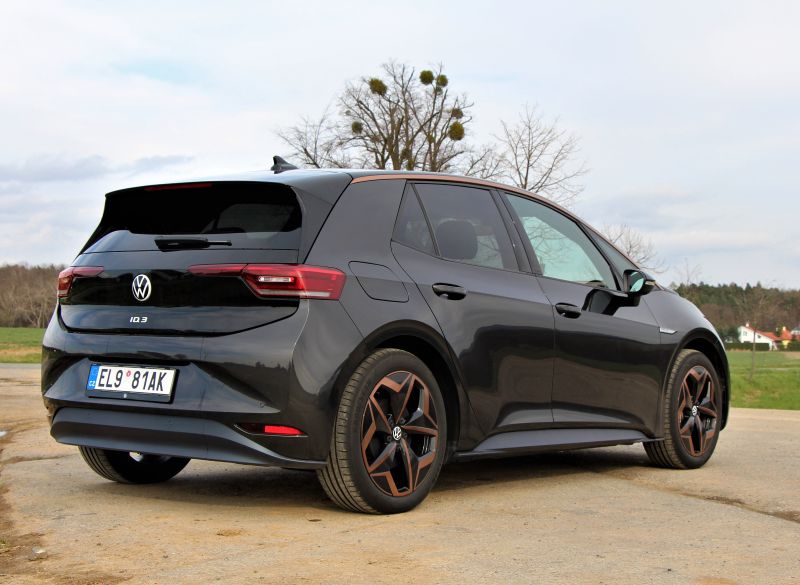
The first thing is that there is a difference in the vehicle equipment. The ID.3 with the smaller battery comes in the Pro version, while the 77 kWh is in the Pro S version, which adds a few items of equipment. Examples include a leather heated steering wheel, adjustable passenger seat and more powerful rapid charging at 125 kW (compared to 100 kW with the smaller battery), and Andoya 19-inch wheels compared to 18-inch steel rims.
In addition to the higher price, you can also expect a car that is heavier than the ID.3 with 58 kWh battery by cca 150-200 kg. So overall, the ID.3 77 kWh in the size of a classic Golf has around two tons of curb weight, which is pretty high. That is unfortunately excessive weight that we just have to get used to with electric vehicles. Let’s hope it’s temporary until batteries with the same capacity are developed that are smaller and lighter.
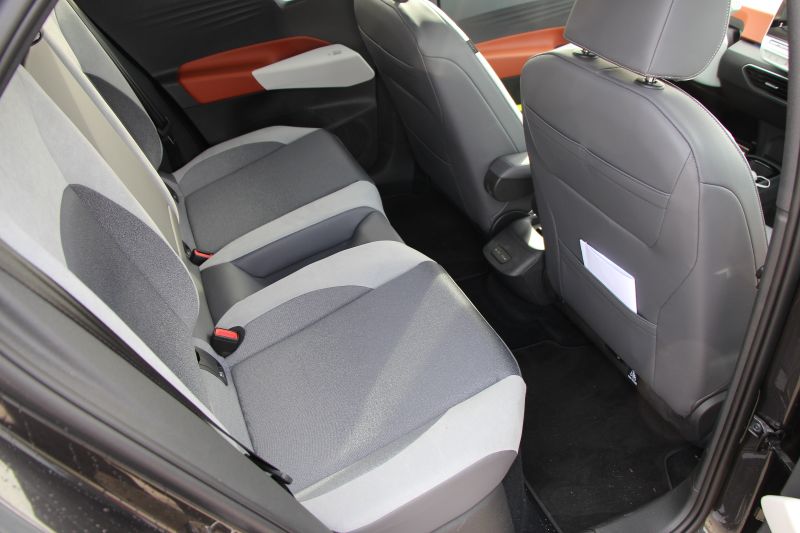
We had for testing the impractical four-seat version. I don’t know why anyone in this class would get a four-seater (after all, it is no luxury Phaeton). The good news is that now there are also five-seat versions for practically the same price. Initially, in fact, combined with the largest battery, only the four-seat version sold.
The electric engine driving the rear axle is the same (150 kW and 310 Nm) as in the version with the smaller battery. Surprisingly, practically no influence of the greater weight ever materialized on the very impressive agility. According to measurements through the accurate GPS Dragy, acceleration from a standstill to 100 km/h worsened by a hardly perceptible 0.5 seconds to 7.5 seconds. The official value is 7.9 seconds.
These values, however, do not really convey the spontaneity and agility that the ride in the ID.3 can offer. During the test, I had always thought that there was a bit more power going to the rear axle. And reaching the limited top speed of 160 km/h is quite simple; the power of the 150 kW electric engine would easily exceed 200 km/h. To be sure, the ID.3 was never meant to break any land speed records.
Great ride and brakes
The brakes are also sure to please. The measured 35.2 meters from 100 km/h to zero is a surprisingly decent stopping distance value, which theoretically significantly better, sporty cars sometimes have a problem achieving! This is due to the car’s low centre of gravity, so braking does not cause tilting to the front and all the wheels can brake effectively. The driver enjoys a similar sensation even when cornering. If the driver factors in the higher weight and moves into the corners correctly, the ID.3 can be great fun on winding country roads.
The suspension is sporty and rigid. The ID.3 with that heavy battery can barely absorb bumps over certain uneven patches, and the suspension sometimes feels out of sync. I would prefer for this “electric golf” to have a bit more comfortable suspension. Having recently tested the ID.4, I discovered that it was possible. The ride in the ID.4 is significantly smoother and more comfortable on certain bumpier roads.
The rear wheel drive is super
The rear axle drive manifests itself in two incredibly positive aspects. Firstly, the ID.3 has a great steering angle making tight manoeuvring in cities seem easy, and secondly, on wet roads, the ID.3 suffers from practically zero wheelspin under acceleration. Conversely, for example when accelerating out of an intersection, it sits nicely and loads the rear wheels, providing a nice smooth start even if you floor the pedal.
Range and consumption
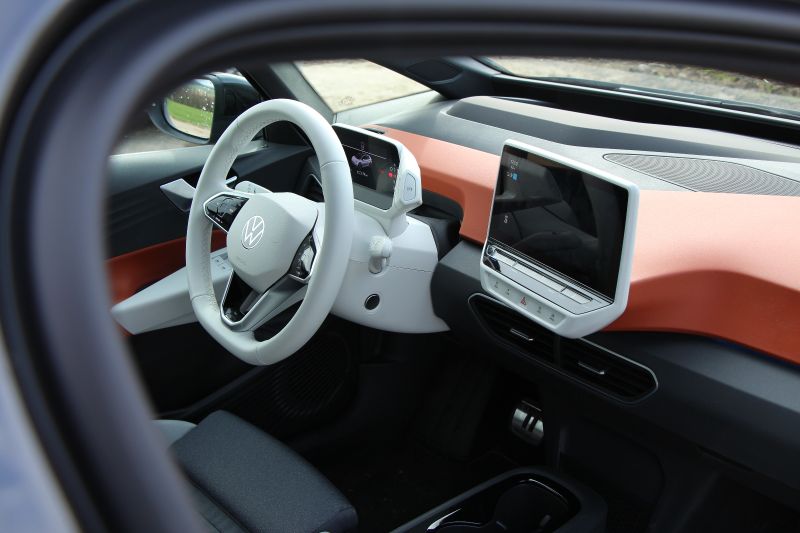
The range has extended nicely thanks to the sizable 82 kWh battery, of which 77 kWh is usable, and I must admit that perhaps for the first time in an EV, I didn’t have the feeling that I had to keep a constant eye on the range status.
If your electric car shows a range of just over 400 km after charging (even over 500 km in city driving), it’s a nice feeling, and you can forget about battery status for a while.
Consumption in the pleasant spring weather fluctuated mostly just under 20 kWh per 100 km, which is not exactly a great value, more like 16 to 17 kWh would be ideal. This means that the entire battery range, which I tested in a maximum range of 100% down to 1%, was less than 400 km. On the other hand, not taking advantage sometimes of the ID.3’s pleasant acceleration can be hard to resist, and consumption in this test will slightly increase.
Charging on the go
The 77 kWh version ID.3 can handle DC charging at power up to 125 kW. It’s funny how sometimes battery management can unpleasantly “concoct” situations, because when I arrived at the powerful Ionity charging station (350 kW) with a battery charge of about 30% remaining, in normal weather at a temperature of 20° C, the ID.3 charged far from the top speed of 125 kW, but only at 80 kW. A few days later, when I arrived at a charging station with a lower output of 150 kW, I had no problems charging at a power of 125 kW. Here I recharged 20 kWh in 10 minutes, i.e. cca 100 km range. Further details are in the table.
Charging on the 150 kW charger, achieving 125 kW precisely (maximum value of the ID.3)
(charging started from 1% SoC and recharged to 100% SoC)
- 10 minutes, 20 % SoC, charged 20 kWh, +100 km range
- 15 minutes, 37 % SoC, charged 30 kWh, +150 km range
- 28 minutes, 60 % SoC, charged 50 kWh, +250 km range
- 41 minutes, 80 % SoC, charged 64 kWh, +320 km range
- 50 minutes, 90 % SoC, charged 72 kWh, +360 km range
- 65 minutes, 100 % SoC, charged 80 kWh, +400 km range
Heat loss while charging
If you are now wondering how it is possible to get 80 kWh into a 77 kWh battery, which the charging station indicated after a full recharge, it comes down to the fact that the station reports the kWh that it actually dispensed. Due to the heat loss, approximately 4 kWh less will be delivered to the battery in the end.
Conclusion
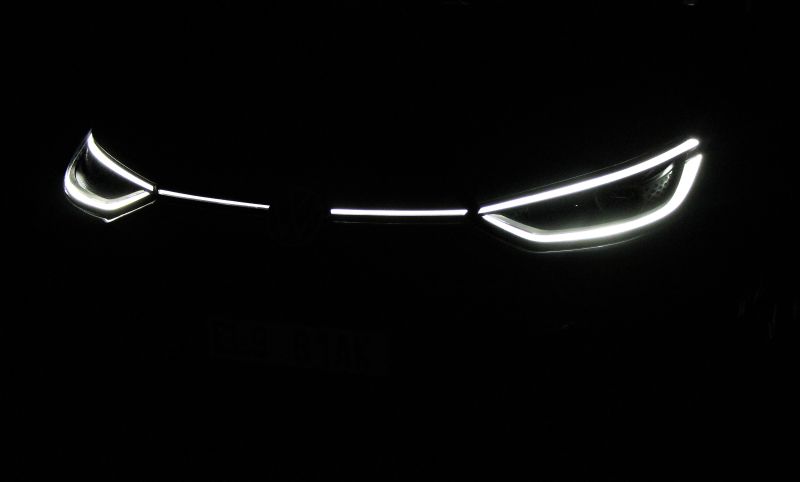
Even after introducing the 77 kWh battery, the best-selling variant is likely to remain the medium-sized 58 kWh battery (a 45 kWh version is even sold), as probably few people would find the higher range worth the 4,000 Euro extra charge. In addition, the real range of the 58 kWh battery is not bad (actually around 250-280 km) and with expected use in urban and suburban traffic is sufficient.
Even the 58 kWh version can decently handle the occasional longer route due to relatively rapid charging of 100 kW. But those wanting more peace of mind, and sometimes intend to go on longer journeys, will most certainly be more satisfied with the largest version of the battery.
Note:
Review of e.g. spaciousness, quality of interior materials and other parameters can be found in the first test of the ID.3 58 kWh here.
Video: Our test of the 58 kWh version.
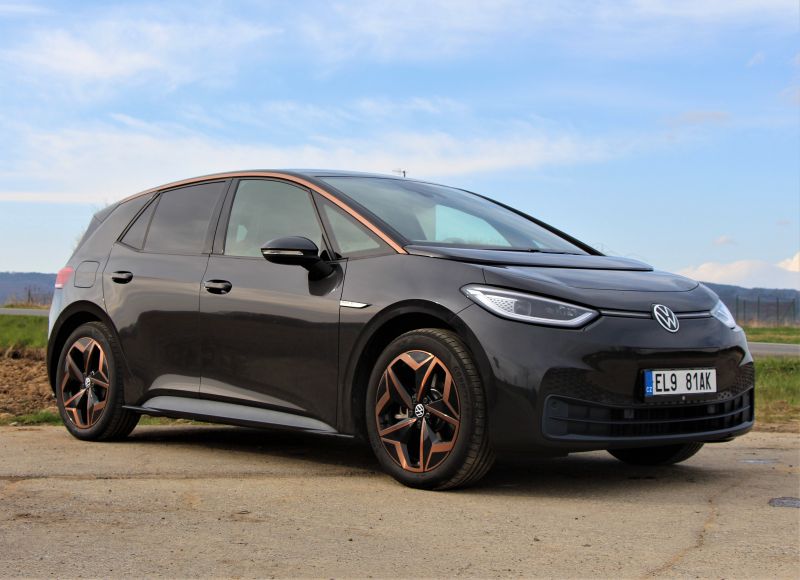
 Tomas
Tomas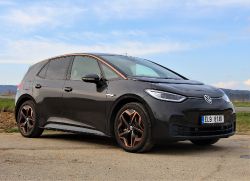
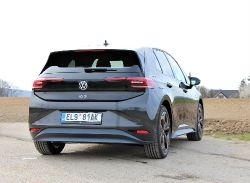
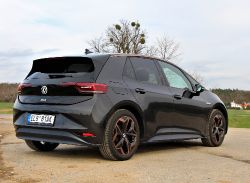
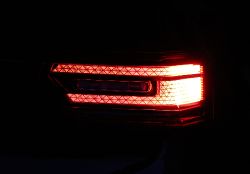
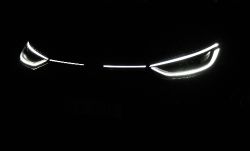
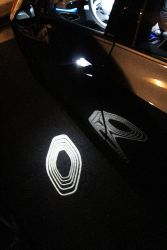
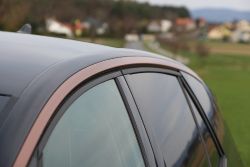
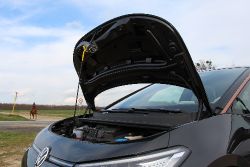
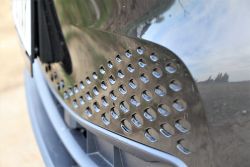
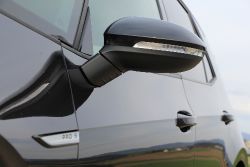
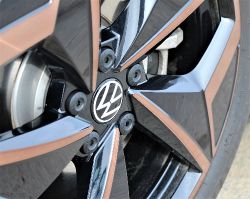
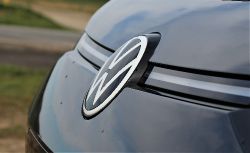
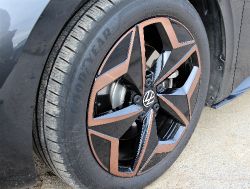
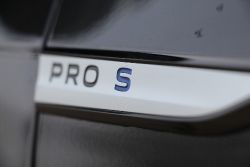
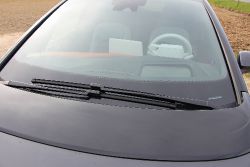
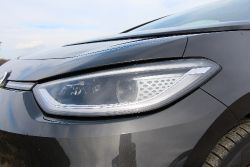
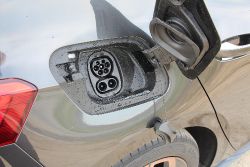
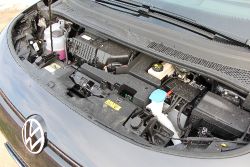
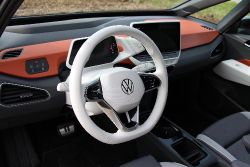
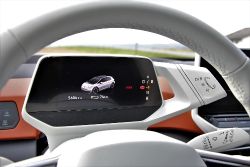
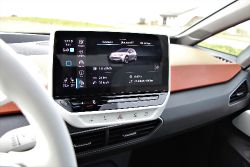
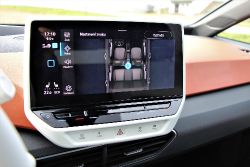
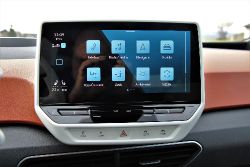
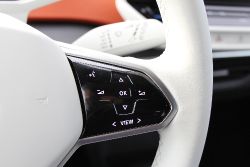
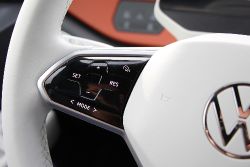
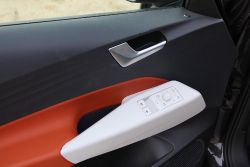
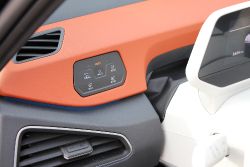
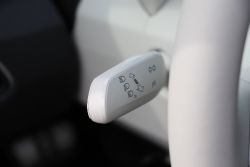
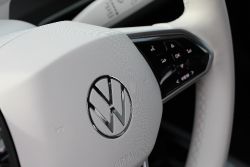
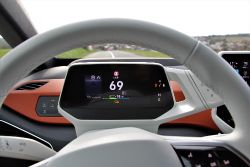
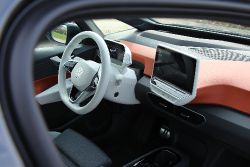
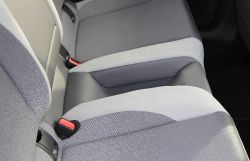
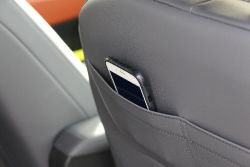
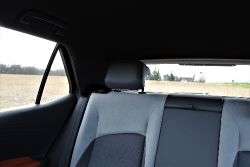
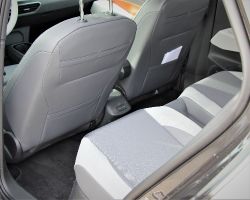
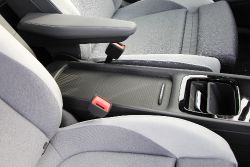
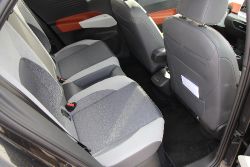
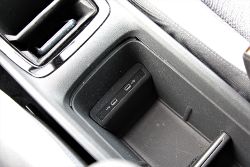
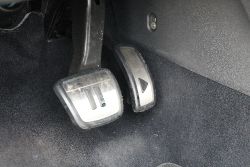
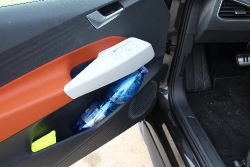
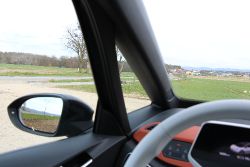
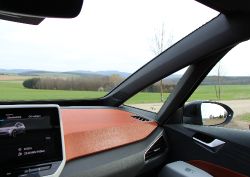
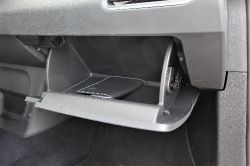
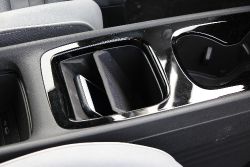
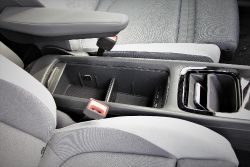
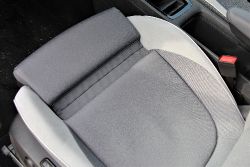
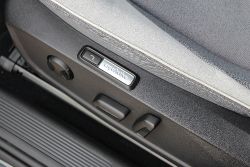
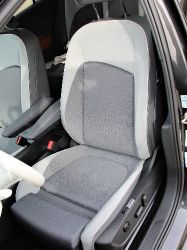
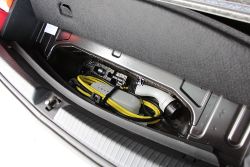
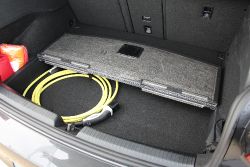
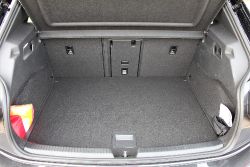
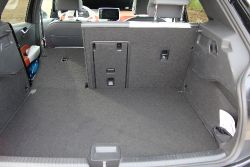
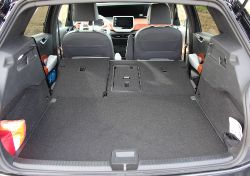
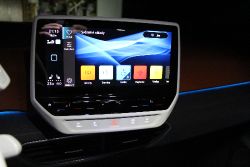
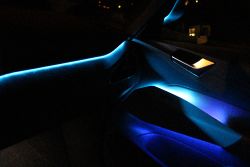
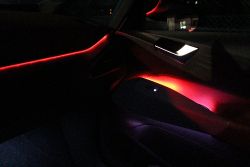
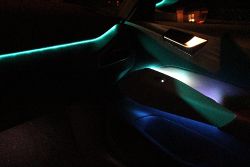
 SteveW
SteveW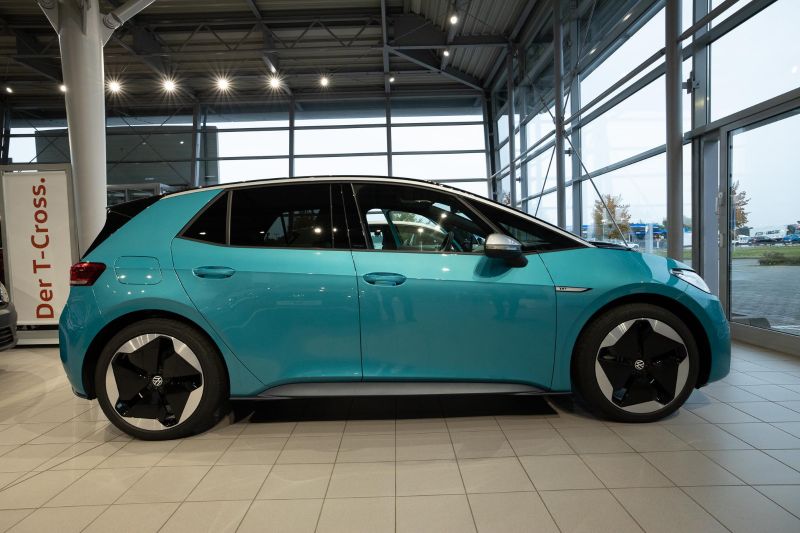
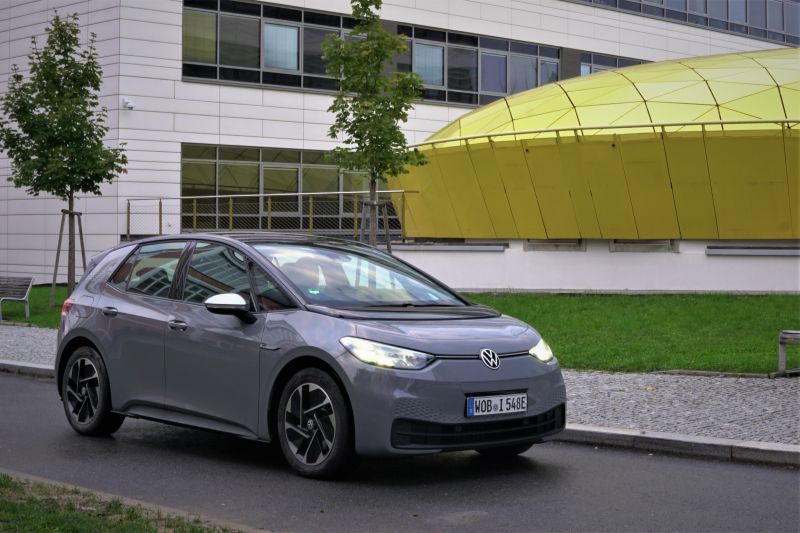
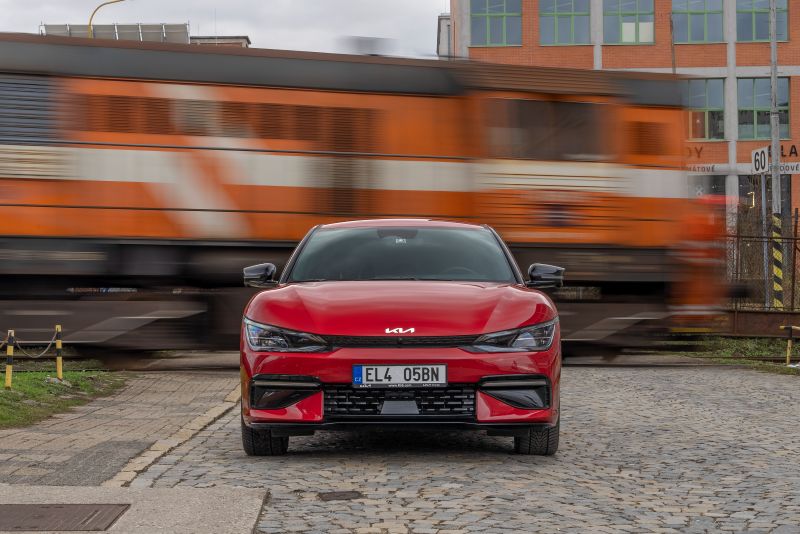
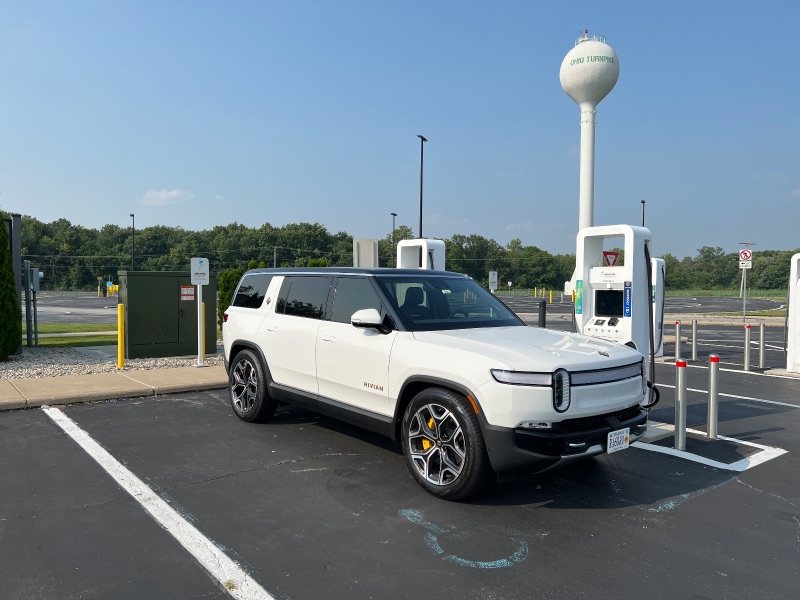
 dongruike
dongruike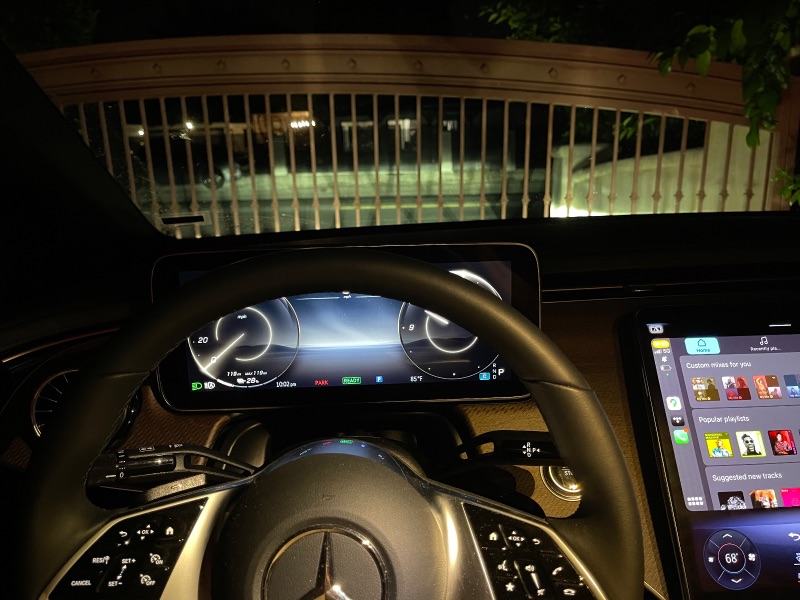
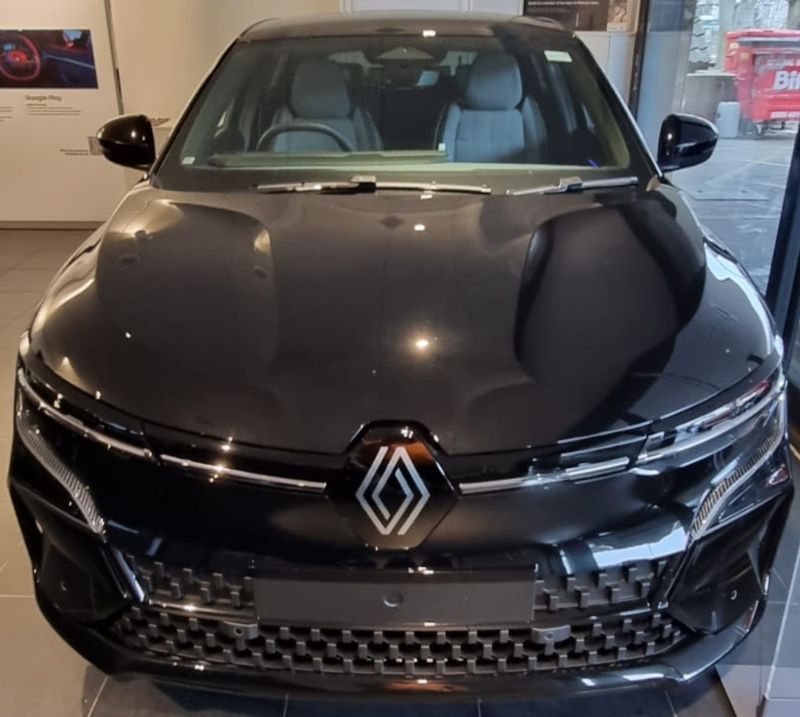
 TJWhiteStar
TJWhiteStar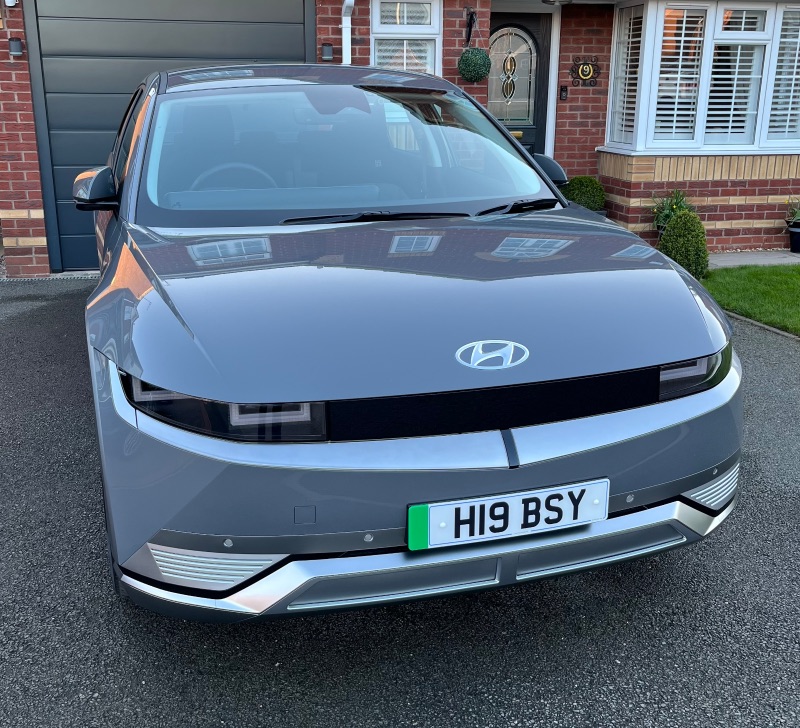
 Ant
Ant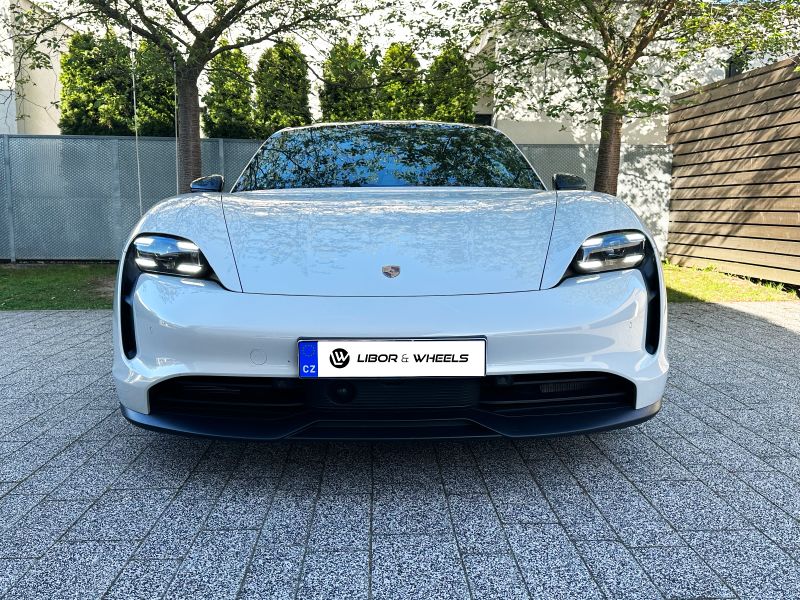
 libor&wheels
libor&wheels